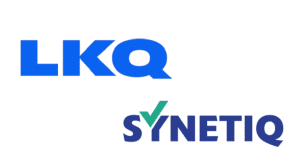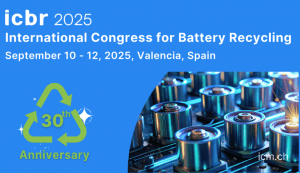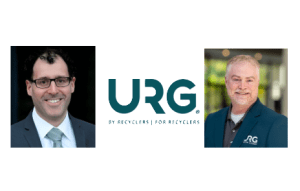Vancouver, British Columbia — British Columbia is poised to lead the nation in EV battery recycling thanks to the province’s rapid and widespread adoption of emission-free vehicles, according to a new report from the Pembina Institute.
The environmental advocacy organization published its report, “Closing the Loop
B.C.’s role in recycling battery metals and minerals to power the electric vehicle revolution”, on Tuesday, which delves into the role that metals and materials play in emissions reduction.
The report calls on B.C.’s government to accelerate current plans for EV battery recycling programs to better position the province as “a leader in the low-carbon future.”
The provincial government had planned to roll out recycling programs in 2026, but the report calls for action to be taken sooner.
Six calls to action for the government were identified in the report:
- Assume a leadership role in engaging with neighbouring jurisdictions to ensure efficient and safe collection and transport of batteries for recycling purposes, including across borders.
- Establish clear guidelines and an efficient review process for battery recycling facility permitting and land use.
- Accelerate the timeline for implementing provincial regulations from 2026 to 2023 in order to address a growing stock of end-of-life batteries and position the province as a first-mover and regional leader.
- Support pilot projects that explore solutions to various challenges, such as Quebec’s support for a “battery passport” pilot to trace metals and minerals from mining and processing through to their use in batteries.
- Work with the federal government to establish content targets for incorporating recycled metals and minerals into battery cells produced in Canada, closing the loop on the materials chain and spurring investment in recycling capacity.
- Work with the federal government to establish battery labelling standards to ensure cell chemistry information can be used to simplify end-of-life recycling.
As it stands, there are 54,000 EVs currently registered in B.C. Under the provincial government’s current plan, only zero-emission vehicles will be sold in B.C. by 2040.


























